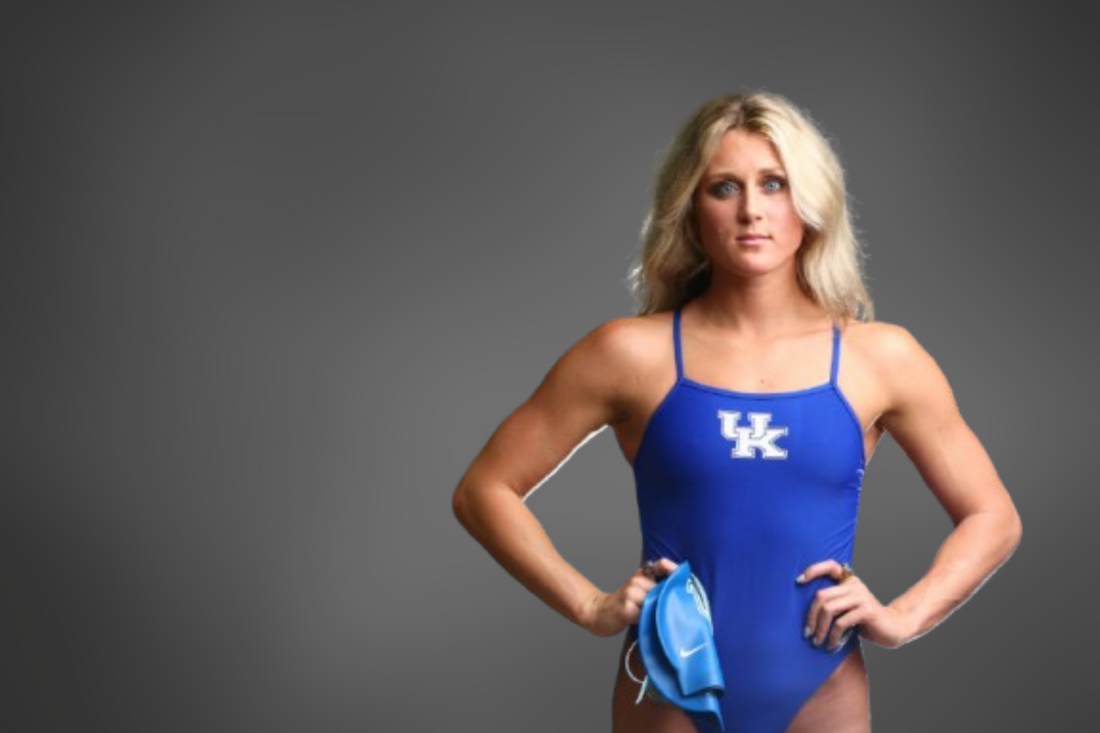
Riley Gaines: A Dive Into the Controversial Figure in the World of Sports
By Jayson Panganiban June 20, 2024 17:06
Riley Gaines, a former swimmer for the University of Kentucky, has catapulted into the limelight as a polarizing figure in the realm of sports. Her journey, career, achievements, and impact have garnered widespread attention, sparking debates and controversies across the sporting world. Let's delve into the story of Riley Gaines to understand the complexities surrounding her persona.
Early Life and Career
Riley Gaines, born and raised in Nashville, Tennessee, first made a name for herself as a collegiate swimmer for the University of Kentucky. Her notable achievement came when she tied for fifth place in the 200 freestyle final at the 2022 NCAA Women’s Championships, a milestone that thrust her into the national spotlight. Despite not being the best in her sport, Gaines leveraged this experience to embark on a right-wing crusade against LGBTQ+ rights, specifically targeting the inclusion of transgender individuals in women's sports.
Activism and Controversy
Gaines's advocacy against the participation of transgender women in women's sports has been a central theme in her career. She has actively lobbied state representatives, participated in protests, and appeared in campaign advertisements to voice her stance on this contentious issue [20]. Her vocal criticism of transgender athletes, including her misgendering of transgender athletes, has sparked widespread backlash and demonstrations, further amplifying the controversy surrounding her.
In her efforts, Gaines has supported political figures, spoken at rallies, and even endorsed candidates in the US presidential election, solidifying her position as a prominent figure in the ongoing debate about transgender inclusion in sports [27].
Impact and Legacy
Gaines' story underscores the intersection of sports, activism, and social change. Her actions have ignited conversations about gender identity, equality, and the role of athletes in advocating for social and political causes. While her views have garnered both support and criticism, Gaines has undeniably left an indelible mark on the sporting landscape.
In the end
Riley Gaines's journey from a collegiate swimmer to a controversial figure in the sports world reflects the complexities and challenges of navigating the intersection of sports and societal issues. Her story serves as a testament to the power of athletes to influence public discourse and advocate for causes they believe in, even amidst controversy and opposition.
As the debate around transgender inclusion in sports continues to evolve, Gaines's story remains a compelling narrative that raises thought-provoking questions about identity, equality, and the evolving landscape of sports in the 21st century.
In conclusion, Riley Gaines's journey presents a multifaceted narrative that transcends the realm of sports, delving into the intricate dynamics of activism, controversy, and social impact.


































































